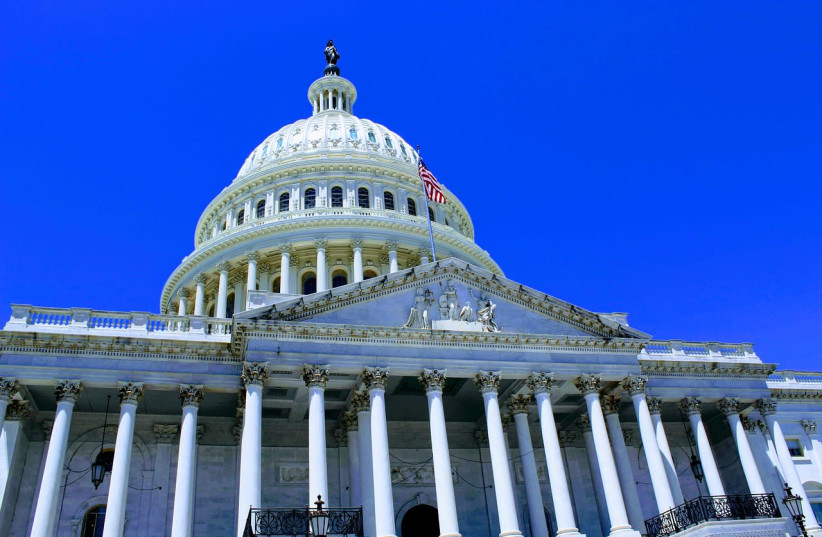‘In the spirit of bipartisanship.”
“Building bridges.”
“Reaching across the aisle.”
These once ubiquitous expressions have become relics of the past. Once upon a not-too-long-ago time, politicians realized the importance of working together. They even valued the importance of working together. Those days, both in Israel and the United States, are gone.
Those expressions need no explanation for anyone over age 30. But I’d be surprised if anyone under the age of 30 has ever heard those, once bandied about, phrases.

For the sake of their country, for the good of the people they pledged to represent, opposing political sides would agree to put their disagreements on policy and politics on hold. Often stimulated by an immediate national need, a crisis or a natural catastrophe, the spirit of bipartisanship would be launched. The goal was to achieve a greater good for the country they loved and the people whose trust and goodwill had placed them in office.
If even for a brief moment, differences were put aside. And a common threat was dealt with, neutralized or dissipated.
Oh, how I long for those good old days in the US of A.
National unity in Israel
While too few and far between, in Israel, thankfully, there are still those special moments when everyone unites. The good news is that national unity happens. The not-good news is that national unity almost exclusively happens because there are issues of defense and/or terror to be dealt with.
And in Israel, like in the United States, it is politics that drives a wedge not just between politicians, but also between people.
And in the United States, like in Israel, election season has dawned. Midterm elections will be held on November 8. Governors, senators, members of Congress will be reelected or replaced. Our snail-mail boxes are filled with mass mailings of candidate’s pictures and slogans. Our TV shows are flooded with nasty political ads. Unlike in Israel, there is no designated time for these ads to appear – they pop up any time on any network during any program.
Try watching something on your phone or tablet, but first be prepared for candidates’ ads interrupting your videos. And as the days to the election grow near, the number of ads pile up. Rather than presenting a positive picture of the candidate, the vast majority of these ads spew rhetoric and point fingers.
And that’s because in Israel, as in America, over the years, politics has moved into the extremes, moved into the far corners of party ideology. Spanning that bipartisan bridge has become untenable. The bridge is too long to be stable. The chasm beneath the bridge too deep.
The irony of it all is that, over the years, as I have watched the politicians retreat to the corners, I have not seen the voters move – not at all. The masses, certainly the undecided voters, those most likely to actually go out and vote, tend to be centrists. Those centrist voters are neither moving themselves nor being swayed by the extremes.
And without them, no election can be won. Not in the United States and not in Israel. It is the middle that elects a candidate, not the extremes.
Election results have been so close that to defeat an opponent, candidates and parties need to woo swing voters to their side. That cannot be done with strident extremist points of view. Swaying a swing voter takes moderate arguments and nuanced platforms. It takes sincerity, not hyperbole. No moderate voter believes that candidates are reincarnations of evil characters like Hitler.
Here is a perfect example. The United States is suffering in the wake of a devastating hurricane. Hurricane Ian is one of the worst, most destructive storms in US history. Yet, politicians are proclaiming that if they were in charge, there would be no hurricanes as destructive as Ian.
Do they truly think that they are Poseidon, the god of the sea? Some actually do.
Do they think that swing voters will be convinced that if they were in power there would not be any natural disasters. They must – or why would they make those foolish proclamations. Their disconnect from reality is beyond scary.
To say that people, Israelis and Americans, are losing faith in parties and politics is to state the obvious. Those who continue to vote will continue to be divided into two groups. Either die-hard supporters for their side, for their party, or moderates in the middle who – despite it all, still yearn for an era of bipartisanship.
Elections are upon us. Good luck to us all.
The writer is a columnist and a social and political commentator. Watch his new TV show Thinking Out Loud on JBS.
